- Homepage
- About
- Greenkeeping
- Sustainable Golf
Sustainable Golf
Photograph by Paul McKay, Banchory Golf Club
The Greenkeeping Challenge
Greenkeeping is challenging and rewarding in equal measure. It brings together the management of land, resources and customer expectations to present high quality playing surfaces on great golf courses that contribute to the protection of our natural and cultural heritage.
Greenkeepers make decisions that are significant to the sustainability performance of the industry, helping determine golf’s reputation as a responsible land use.
BIGGA members support golf clubs by:
- Providing high quality playing surfaces managed for the health of turfgrass, not the colour of it
- Maintaining stunning golf landscapes that are rich in wildlife
- Reusing waste products and trying to eliminate waste at source
- Working with watersheds and natural ecological processes
BIGGA recognises that golf operates in a changing world, where land, water, fossil fuels and biodiversity resources are under pressure. Course managers and greenkeepers have a responsibility and an opportunity to minimise resource consumption, maximise ecological value and maintain a clean and healthy environment. Working alongside industry partners, we promote technological innovation and the use of sustainable water sources and renewable energy to reduce any adverse impacts of course management.
Our members appreciate the need to continually improve their understanding, performance and profile as professional land and resource managers and we are committed to supporting the development of our members’ knowledge and skills, enabling them to act as leaders in sustainable golf.

- Ecosystem Dynamics: Golf courses are ecosystems that include turfgrass, soil, water, and surrounding flora and fauna. A greenkeeper must understand how these elements interact to maintain a healthy, resilient course.
- Integrated Pest Management (IPM): Knowledge of ecology helps in managing pests and diseases with minimal reliance on chemical inputs, promoting environmental health.
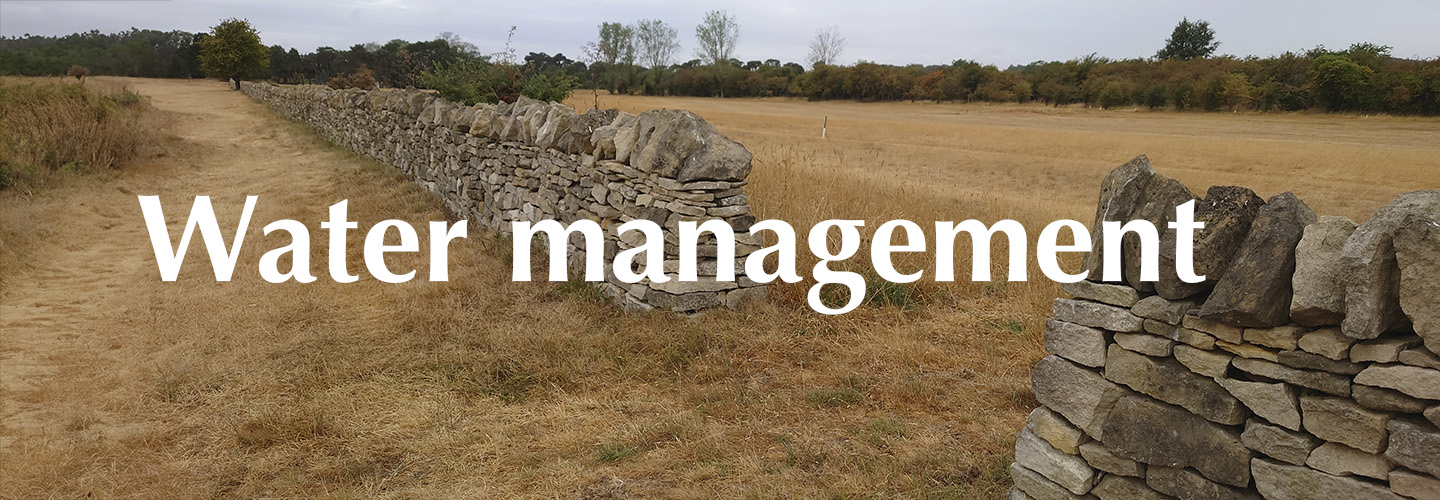
- Conservation: Sustainable practices reduce water usage by optimising irrigation systems and selecting drought-resistant turf species.
- Quality Protection: Preventing runoff and pollution protects local water bodies, maintaining good relationships with the community and regulators.
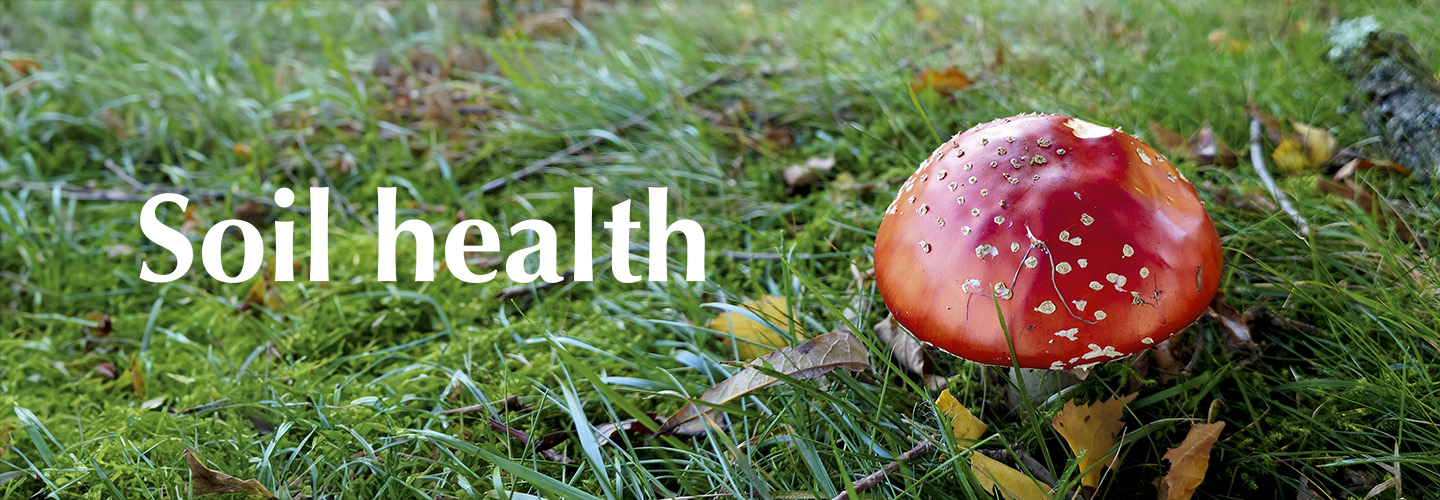
- Sustainable practices such as aeration, composting, and reduced chemical use improve soil structure and nutrient cycling, ensuring healthier grass and lower maintenance costs.

- Habitat Creation: Golf courses can serve as valuable habitats for birds, insects, and other wildlife. A greenkeeper knowledgeable in ecology can design features like wildflower areas or ponds to promote biodiversity.
- Pollinators: Supporting pollinators like bees can enhance surrounding ecosystems and reduce the need for external inputs.
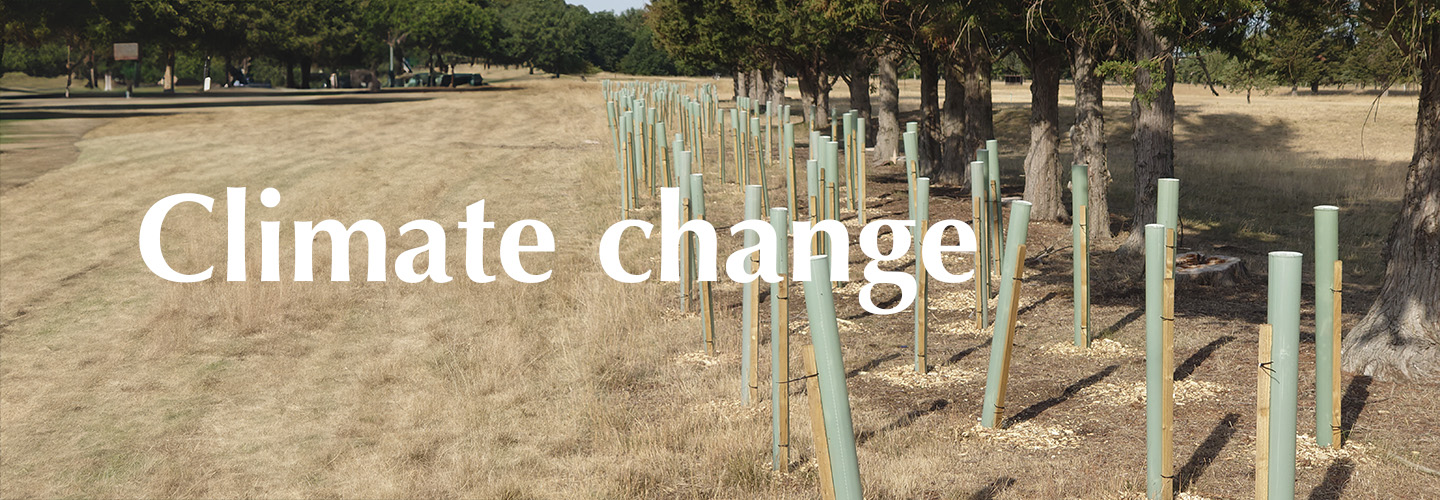
- Carbon Sequestration: Turfgrass and trees on golf courses can sequester carbon. Greenkeepers can increase this potential through appropriate planting and maintenance strategies.
- Energy Efficiency: Sustainable practices, such as using electric equipment and renewable energy, reduce the carbon footprint.
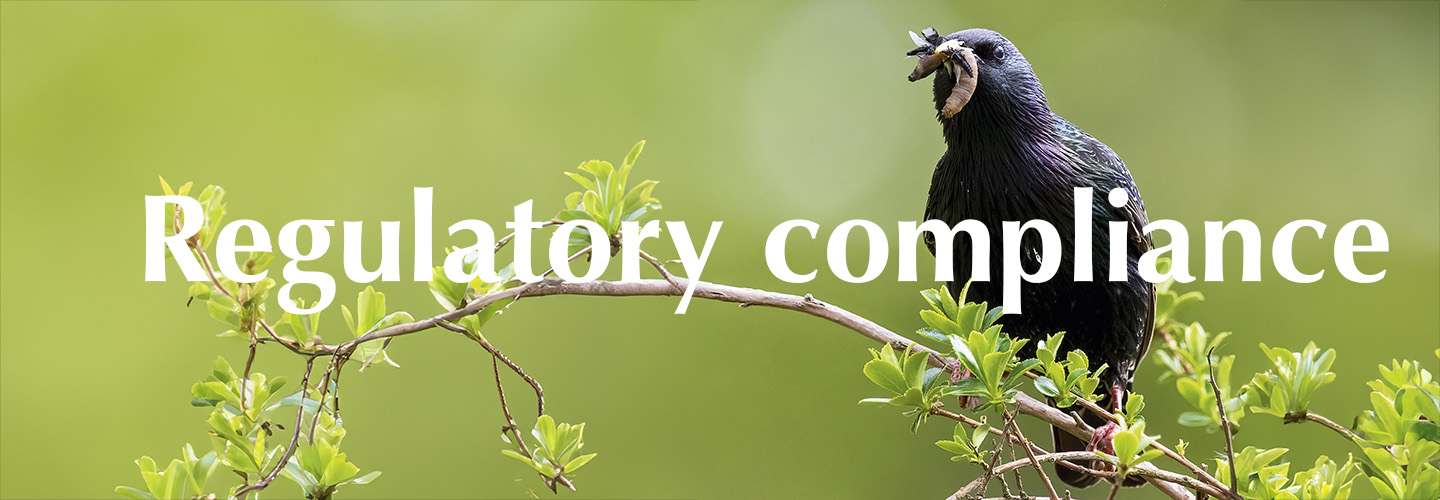
- Many regions have strict environmental regulations concerning pesticide use, water conservation and habitat protection. Understanding sustainability ensures compliance and avoids fines or operational restrictions.
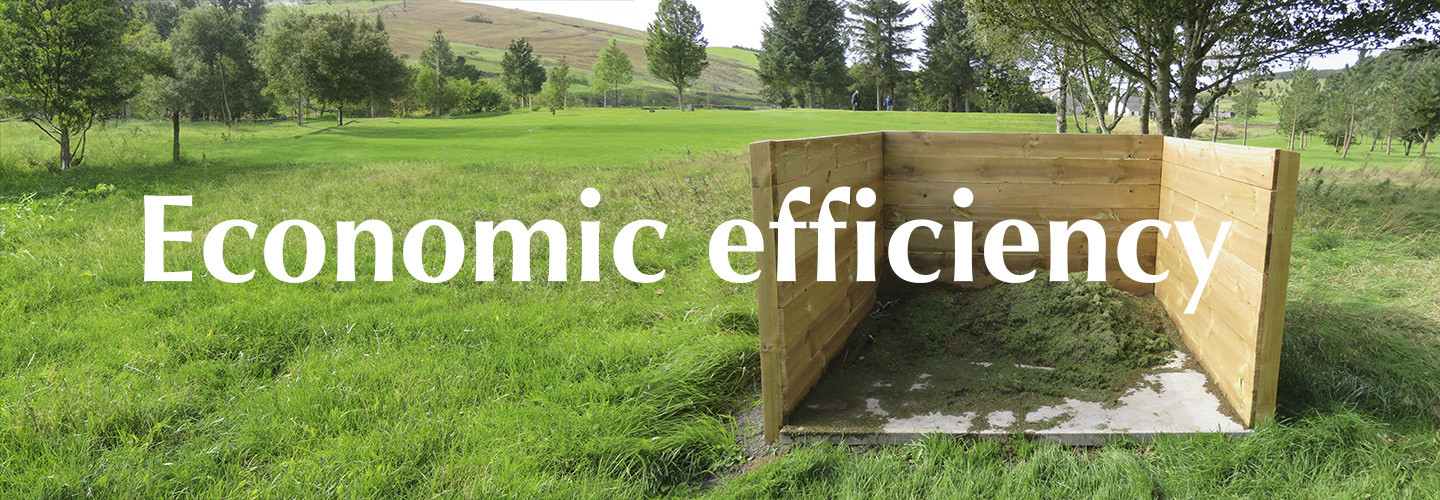
- Sustainability often leads to cost savings through reduced inputs (fertilisers, water, energy) and longer-term viability of the golf course.

- Demonstrating a commitment to sustainability enhances the reputation of the golf course among players, local communities, and stakeholders.
Action Areas
Working in close partnership with the Golf Environment Organization and others across the industry, BIGGA supports members with guidance, education and recognition - working to make sustainable golf easier to understand and easier to deliver.
BIGGA promotes this agenda, with the belief that practical action in these areas can boost golf’s profile and benefit individual golf clubs.
- Landscape & Ecosystems
- Water
- Energy & Resources
- Products & Supply Chains
- Environmental Quality
- People & Communities
BIGGA recognises that sustainability is a journey rather than a destination, and that greenkeepers can play a leadership role within golf and within local communities.
- Membership
- Our People
- BIGGA Regions
- Our Business Affiliates
-
Greenkeeping
-
History of Greenkeepers' Associations
- About the author
- Introduction (Pre-1912)
- 1912 - 1919
- 1920 - 1929
- 1930 - 1939
- 1940 - 1949
- 1950 - 1959
- 1960 - 1969
- 1970 - 1979
- 1980 - 1987
- EIGGA 1983 - 1986
- Greenkeeper Education and Training
- Greenkeeping Families
- Greenkeepers' Associations and Golf
- BIGGA National Tournament
- Publications for Greenkeepers' Associations
- Association Officials
- Greenkeeping Acronyms
- Sustainable Golf
- Ecology Bulletin
- GreenCast Weather Forecast
-
History of Greenkeepers' Associations
- Affiliated Associations
- Women in Golf Charter
- ThankAGreenkeeper Day
- BIGGA's Sustainability Pledge
